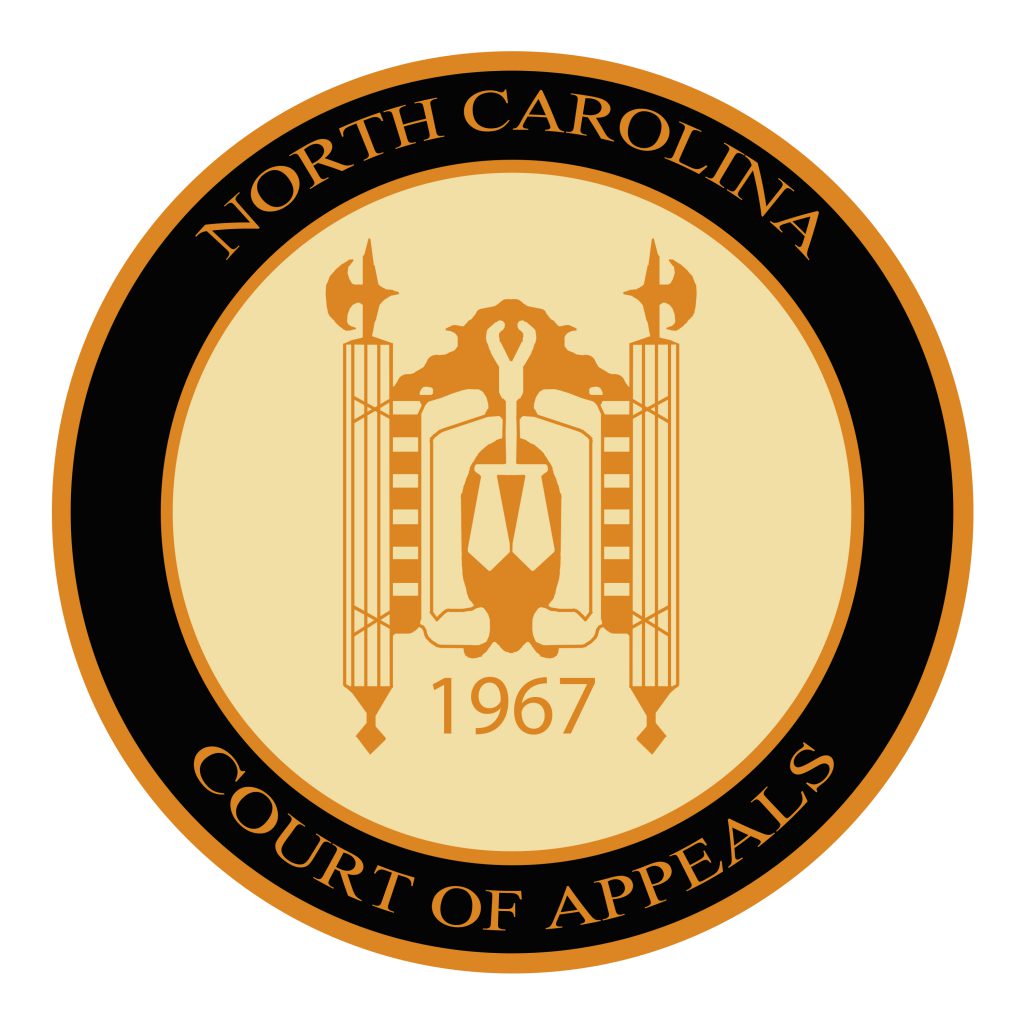The NC Court of Appeals issued a new architectural review committee decision this morning, April 21, 2020, in Martin v. The Landfall Council of Associations, Inc.

The case is an “unpublished” opinion from the NC Court of Appeals, which means the decision is not controlling legal authority and should not be cited in other cases. However, even unpublished opinions give a sense of the Court’s thinking as to specific issues and how subsequent courts may rule. (For another recent ARC decision from the Court of Appeals, see Don’t Screw Up Your Architectural Committee and Approval Process.)
In Landfall Council of Associations, the homeowners in a planned community submitted an architectural request for landscaping and artificial turf, which the association denied. After receiving the ARC denial, the owners went ahead and installed the artificial turf. The association sent a violation letter, held a violation hearing, and eventually assessed fines and filed a claim of lien against the lot. The homeowners brought a lawsuit against the association for a declaratory judgment, slander of title, breach of fiduciary duties, and preliminary and permanent injunctions. The association filed counterclaims for declaratory judgment, recovery of past due amounts and other damages, and entry of judicial foreclosure.
Our firm was not involved in the case, and it’s always dangerous to summarize a complex 31 page opinion in a couple of paragraphs. However, here are some useful takeaways.
Architectural restrictions will be enforced if the declaration is clear and the association’s actions reasonable. The Court of Appeals cited Hyde v. Chesney Glen from 2000 in noting that if an architectural request is denied, an association should “make concrete suggestions to the landowners about what was needed.” Here, the ARC suggested alternatives to the homeowners for their submission and landscaping. The Court of Appeals held that the association had both “made concrete suggestion to the landowners about what was needed” to comply as well as “legitimate reasons” why “the owners were in violation of the Governing Documents.”
Slander of title claims against an association for filing a claim of lien is rarely successful. The homeowners alleged “slander of title” against the association for the filing of a claim of lien against their property. The Court of Appeals noted that slander of title is a “peculiar” claim and requires that there be false words, malicious intent in making them, and a pecuniary loss or injury. Because the Court of Appeals determined the claim of lien was valid, there could be no slander of title claim against the association.
A permanent injunction is the proper remedy for a violation of the declaration. The Court of Appeals noted that “where a restrictive covenant must be enforced, a permanent injunction is the proper remedy.” Permanent injunctions, however, are only appropriate where the prohibited behavior is “clearly limited in terms of geographic scope.” The Court found on the facts in this case that the permanent injunction was appropriate and limited in scope, given that it was restricted to the artificial turf issues.
Attorneys’ fees are mandatory, not discretionary, under the NC Planned Community and Condominium Acts. The trial court in this case had determined that the association was the prevailing party and that the association‘s attorneys’ fees request of $246,241.25 was reasonable, but then reduced the award to $50,000. Both the Planned Community Act (NCGS 47F) and the Condominium Act (NCGS 47C) have the following attorneys’ fees language: “Any judgment, decree or order in any judicial foreclosure or civil action relating to the collection of assessments shall include an award of costs and reasonable attorneys’ fees for the prevailing party.” Most attorneys‘ fees statutes use the word “may” and are discretionary with the judge. The Court of Appeals held that the language of this statute is different and mandatory. The statute “does not grant the trial court any discretion to limit the award.” Instead, a trial judge only has authority to determine whether a lawyer’s “rates and hours were reasonable.”
Despite the holding, the association’s award of attorney’s fees was still reversed. The Court of Appeals determined that some issues of material fact remained to be resolved as to the the recovery of past due amounts, other damages and judicial foreclosure. As a result, the association “has not prevailed in a judgment requiring an award of attorneys’ fees” under the statute, and that part of the case was reversed and remanded.
To read the entire Landfall Council of Associations opinion, visit https://appellate.nccourts.org/opinions/?c=2&pdf=39261.
.
The attorneys at Law Firm Carolinas are available to assist by phone, video-conference or email with any issues related to your community association. Please contact any one of the attorneys in our Charlotte, Greensboro, Triangle or Coastal offices.

